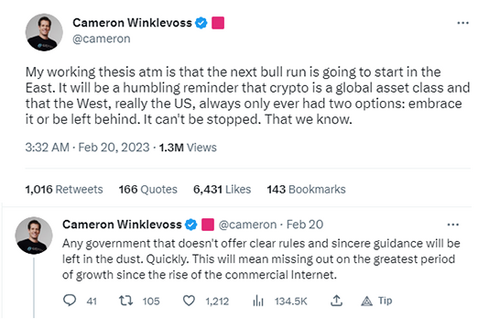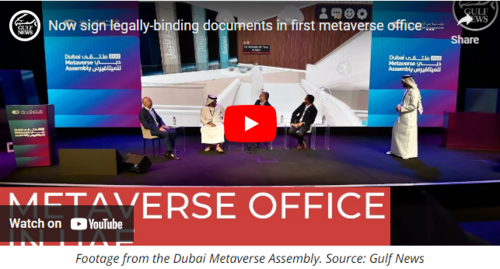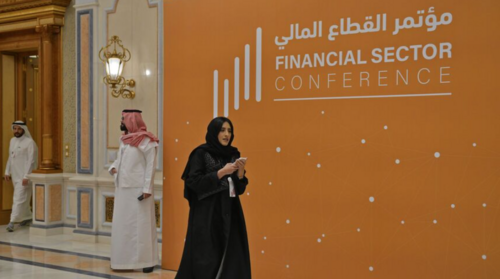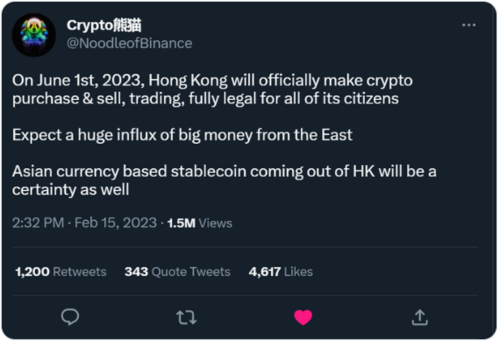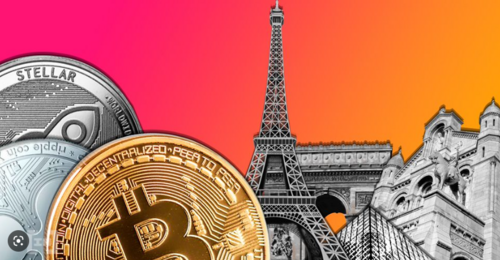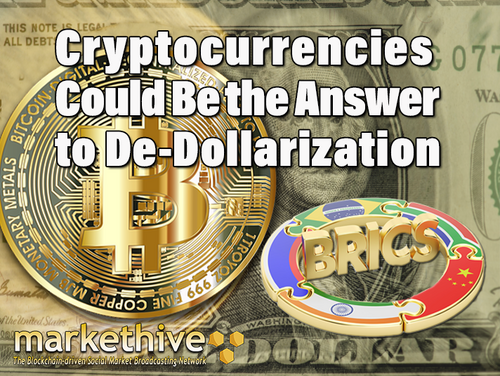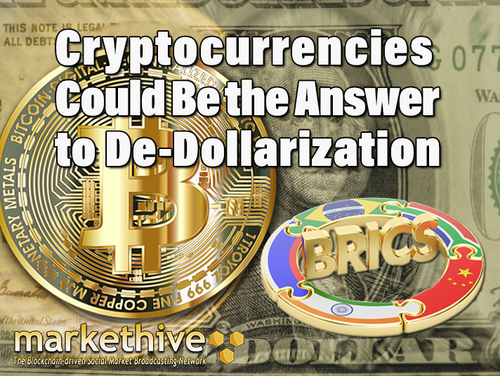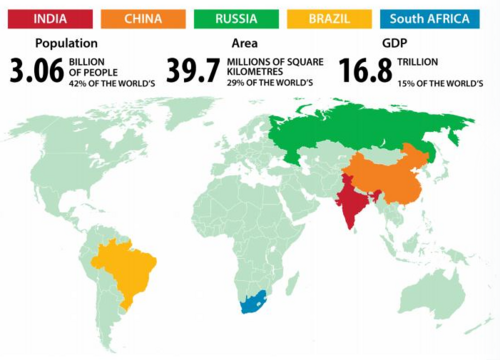UPDATE: Phase Three of the Markethive Wallet. Completed Version Now Installed On Markethive. What’s Next?

Since Phase Two of the wallet has been integrated and working successfully since November, it’s time to introduce Phase Three. The completed wallet has been installed on the Markethive site. Phase Three is the final stage of the wallet that is now operational for Entrepreneur One (E1) members in a type of Beta version, if you like, before it officially opens to the Markethive community.
This is a culmination of 5 years of intense early work to reach this point, and we are on that cusp. E1s can currently view the new look of the wallet, particularly the Hivecoin Report. Markethive’s engineers are now systematizing the other fundamental components needed for a synchronous and successful wallet launch. These are the Entrepreneur One Exchange, Markethive Premium Upgrade, and the PROMOCODE system, housed in the new capture page for MARKETHIVE.NET and is for E1s only.
The non-E1 KYC-approved members will see the banner announcement pictured below until its full release. They also have the opportunity to upgrade to Entrepreneur One to gain early access and take advantage of all the benefits offered, including becoming a shareholder by securing the ILP (Incentivized Loan Program), which will pay a monthly dividend on the net profit of Markethive’s revenue.

Google Authentication – 2FA Is Moving
One specific adjustment that Markethive will apply is the 2FA. Instead of it being required to log in to Markethive, the 2FA will be moved to the wallet. KYC Application has also been relocated to the Security section of the wallet. Soon, you will find 2FA with the KYC Application and Wallet Security housed under the Security Tab listed in the wallet.
Until you activate 2FA Google Authenticator, access to the different wallet functions will be restricted. Many exchanges operate similarly. However, Markethive is more than an exchange, so Markethive’s commitment to getting the KYC, ILP, and the complete back-end security totally polished is of the highest priority.
Along with this change, new signups will be able to utilize the Markethive tools for a short time (30 days). In other words, give it a test drive. However, they won’t get the airdrop or qualify for the micropayments until they are KYC’d. They will be prompted to complete the KYC/2FA process immediately upon joining Markethive to activate these incentives and gain access to the Hivecoin wallet. Failing to do so will result in the termination of their account after 30 days. This process will eliminate abandoned accounts.
On a related topic, another change is that old accounts that have not been logged into for an extended period will not be terminated.
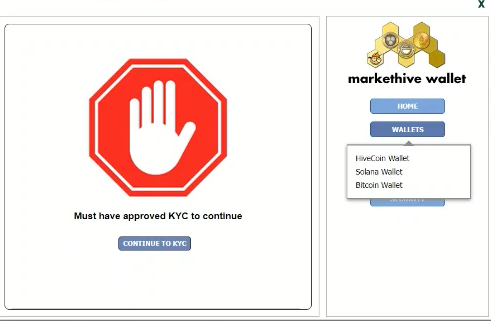
Markethive is delivering a bank, not an exchange per se. We are an ecosystem with Markethive Credits, ILPs, Markethive Tokens, or MHVs, used internally for micropayments and the Hivecoin (HVC) with a total supply of 45 million. All these components have value and are the DNA of Markethive, so its security is paramount. Markethive is also working on eliminating all 3rd parties that could disrupt the operations of Markethive. We have already relocated to our sovereign cloud systems and servers.
Ultimately when the new dashboard is integrated, very little of Markethive’s systems will operate until you complete KYC and 2FA. It will be mandatory to carry out the KYC process and be approved to access the wallet. In the near future, only KYC-approved members will have access to all the services in Markethive, including free members. Until KYC is approved, free members can only observe and comment on the main news feed.
.png)
It’s important to remember that in Markethive’s case, KYC is for the community’s benefit of knowing who they are engaging with and not for governmental regulations, unlike exchanges and others. It assures Markethive members that you are a real person, dedicated to honest and transparent relationships in business and socially. The purpose is to have an active, dynamic, and secure “hive of people.” Note that once KYC is approved, the documents uploaded to attain approval are all deleted; Markethive does not keep these documents.
The short selfie video required in the Markethive KYC protocol is kept for the purpose of retrieving access to your account. In the event that you lose your device and the 2FA app required to utilize your Markethive wallet or any other service that requires KYC, the admin will be able to verify you with the video they have. All you’ll need to do is make a video requesting access to your account with the reason why you lost access.
The video prerequisite is another layer of security to prevent your account from getting hacked. It also prevents members who have signed up but are not verified from hacking or spoofing.
.png)
Coin Storage and Reports
The wallet has two coin storage balances: the Hot Wallet Balance and the Cold Storage Balance. The cold storage part of the wallet is a very secure one-way system. It requires a tremendous amount of authentication to retrieve coins from the cold storage balance and transfer them to your hot storage balance.
Members who are KYC-approved but have yet to upgrade to either the Premium Upgrade (coming soon) or the Entrepreneur One (currently available) will have a limited withdrawal amount of 0.01 HVC from their cold storage per day. There will be no limit to sending HVC from your Hot Wallet to your chosen self-custody wallet. (Exodus, Phantom, Atomic, etc.)
.png)
The amount of HVC that can be transferred from cold storage to the hot wallet will be unlimited for the E1s. Markethive recommends that once you’ve moved your coins from cold storage to your hot wallet, you move them into your personal 3rd party wallet. E.g., Exodus, Phantom, Atomic, et al., or whatever you determine what wallet is best for you.
Hivecoin (HVC) is a Solana token but has not officially had the name assigned yet. E1s with early access who want to give the system a test run will need to acquire a specific type of wallet, set up the Hivecoin Meta address, and give it the name HIVECOIN to list it in that wallet.
HIVECOIN's META address is: APRXuct2fy7yXeSPcS5r4pTdh6P34xhqj1Pio1dyc1j6
There is a Beta group of E1s currently testing it. However, there has been some difficulty in achieving this for some, at this time, including myself; however, you can try it. The Phantom wallet is recommended for Beta until we reach the threshold of having HVC officially named and available to list on various self-custody wallets. To learn more about self-custody wallets, go here.
Please be aware that this takes time, but once it’s done, it’s set in stone if you like, so it has to be incredibly secure and compliant. It needs to be streamlined before the floodgates open.
Projects In The Works
Several projects are now in the works and will be timed to release at the end of the 30-day Wallet launch announcement.
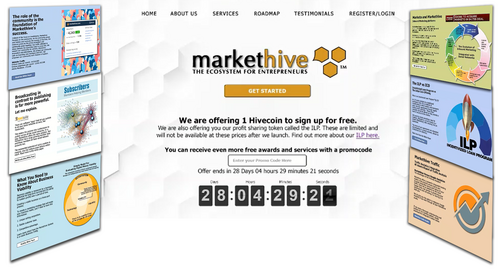
Markethive.net Website and Promocode
One of the components and fundamentals required before the wallet’s final release is the Markethive.net Promocode website. The comprehensive website includes navigational links to white papers on many aspects of Markethive and is exclusive to the Entrepreneur One Status.
The white papers listed include the Role of Community, Markethive Broadcasting, Business Liability, Inbound Marketing, The ILP, and the Traffic Report. The E1 members will be given promocodes for an incentive with an offer of the Markethive products, such as The Boost or Wheel of Fortune, impressions, and tokens.
The countdown ticker on the website homepage will align with the official launch of the wallet and be the focus of a marketing campaign prior to the release.

The Premium Upgrade
The Premium Upgrade is another component on the table to be released at the end of the 30-day countdown to the final launch of the wallet. It is aimed at free members who want to take advantage of the many features and benefits that will accelerate their earnings and results. The upgrade has five price levels starting at $9.95 per month. You can find out more about the Premium Upgrade here.
Notably, the revenue generated from the Premium Upgrade initiative is primarily income, meaning the ILP holders can look forward to the dividends of their ILP shares.
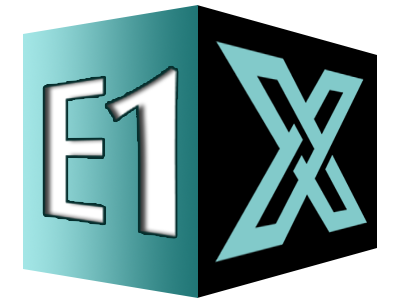
The Entrepreneur One Exchange
Another project in the works is the E1 Exchange. (E1X) Upon the final launch of the wallet, the Entrepreneur One Upgrade will not be available for any new or free members from the Markethive administration. However, they can be acquired through our E1X. Here are the preliminary specifications for sellers and buyers.
Seller Specifications
- The seller must have an active Entrepreneur One or more than one to sell.
- The seller can only list E1 accounts singularly. Cannot sell E1s in batches of 2 or more.
- The seller sets a reserve price. If the reserve price is met by bid or offer, the E1 sells.
- When an E1 account sells, it automatically transfers to the buyer.
- When an E1 transfers, it does not include the already earned ILPs or coins.
- When an E1 sells, it does carry the earned months toward the ILP yearly award.
- The seller decides what currency is accepted.
- The currency the seller can set is Markethive Credits, Hivecoin, Bitcoin, and Solana.
- Listed E1s for sale reveal the earned months towards the ILP yearly reward.
- The seller decides to run an auction, buy it now, or both.
- The seller decides to set a "reserve" or “Buy It Now” price or no reserve open offer.
- Auction bids run for seven days.
- Buy it now runs for ten days.
Buyer Specifications
- The buyer must be KYC approved.
- The buyer can bid against others bidding in an auction.
- The buyer can make an offer if the auction has no previous bids.
- If the offer meets the reserve or exceeds, the sale occurs.
- All sales are final.
Site Specifics
- New sale offers list at the top. Most recent first, oldest last.
- Listing can be sorted with the lowest price
- Listing can be sorted with the highest price
As the Markethive community, we must understand that Markethive’s services, vault loads, accounting, security, and privacy, are all found in the wallet. So Thomas has made a draft video for the new up-to-date wallet.
WALLET ORIENTATION DRAFT 01
What’s Next?
- The "new" News Feed
- Our own Web Conference Rooms
- The "new" PageMaker
- The "new" Dash Board
Markethive’s Proactive Innovation (AI)
On another crucial topic, Artificial Intelligence (AI) has become more prominent and prolific recently, with many unwittingly enamored by the concept. However, the reality is, it’s a double-edged sword for humanity that could bring about significant positives and disastrous consequences. The risk of bad actors using it to create chaos, increase the spread of propaganda and untruth, and even seize all computing and weapons systems is very real and extremely dangerous. The threat of AI taking on a life of itself is staggering.
CEO of Markethive, Thomas Prendergast, expressed that you will not see artificial intelligence at Markethive! In a very heartfelt message, he explained that it is ungodly, threatens your well-being, and seriously violates your privacy and security!
What will you find?
Proactive Innovation.
“Think of it as advanced robotic systems, very complex and sophisticated capabilities controlled by you. Or a limited (AI secured) within the confines of our programming and only developed to produce the results of a well-oiled social network of entrepreneurs who gain and affect the entire Hive. (like our coming NEW newsfeed).
You will be able to configure and control your algorithm. Your search criteria and activity will never be captured nor sold by us at Markethive. Because you alone control it, and it is yours alone, secured and protected here at the Hive.
This is the message I received in the last few months from prayer, the innovative intuition that has been and will always be the engine at Markethive. Our artificial intelligence is Jesus Christ. Our artificial intelligence environment is the members of Markethive as a community embracing the spiritual solution to the false god of artificial intelligence.
Hive technology uses the Hive community to shape our technologies to embrace our environment, chart our course and perceptions, and solve our problems with the singular goal of serving the Lord.”

In closing
There will be notifications and floating banners (above) to provide ample awareness of when the 30-day countdown for the official launch of the wallet will commence. That will be your last chance to secure lifetime residual returns with the Entrepreneur One Upgrade with ILP shares.
All updates and orchestrations are discussed at the Markethive meetings every Sunday at 10 am Mountain Time. (MST) You can keep yourself up to date with the latest news and developments of Markethive as they happen. To access the meeting room, go to the Markethive Calendar and click on the link provided.
We are so blessed to be part of Markethive as it stands tall and robust, providing a sanctuary for all entrepreneurs in such a dark world. Light will prevail, and Markethive will thrive and prosper to uplift and free every living soul into a life of whole-hearted humanity and abundance on every level. Exciting times are just around the corner. Praise the Lord, our Divine Architect. The fruits of the harvest with the best of humane technology will be at Markethive. You wouldn’t want to be anywhere else!

Also published @ BeforeIt’sNews.com; Steemit.com; Substack.com
Tim Moseley

(28).gif)


%20copy.png)
.png)

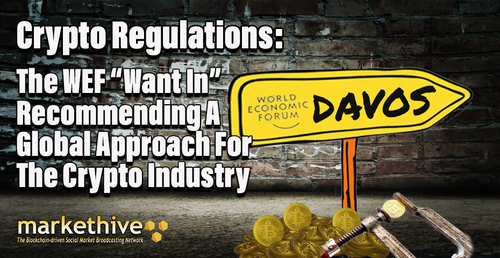
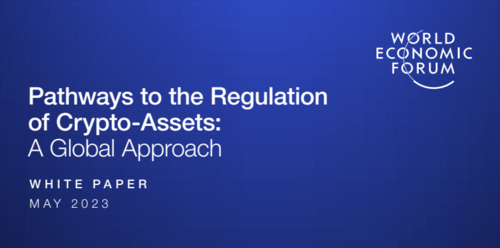
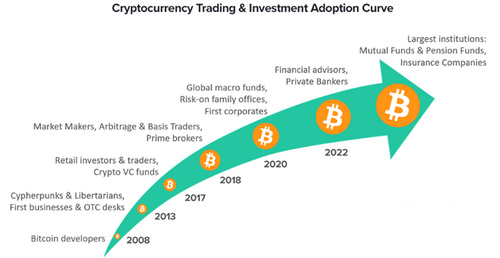
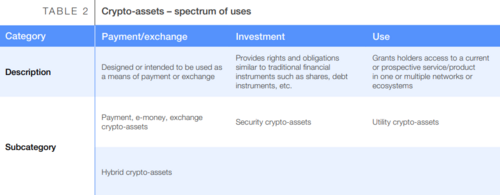
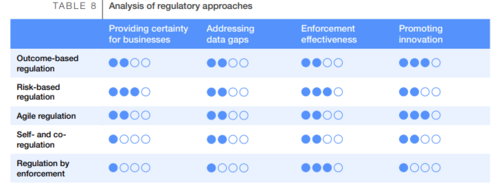
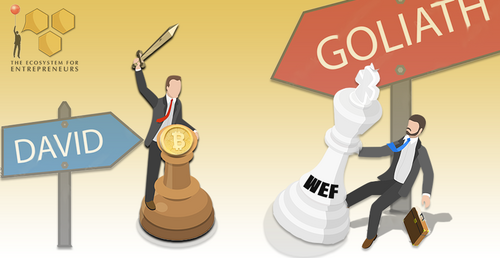
.png)
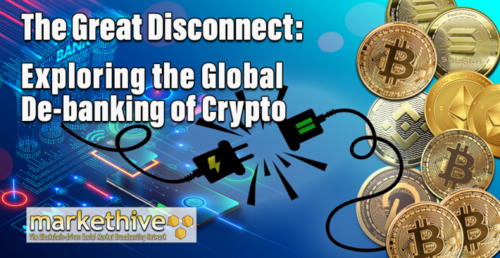
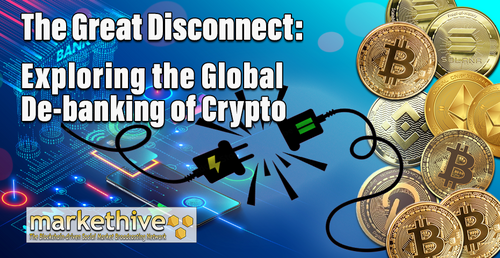
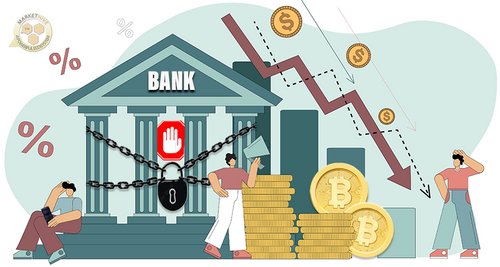
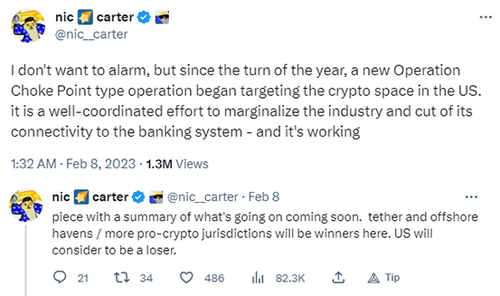



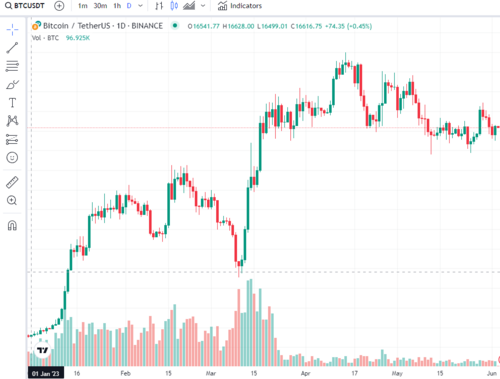
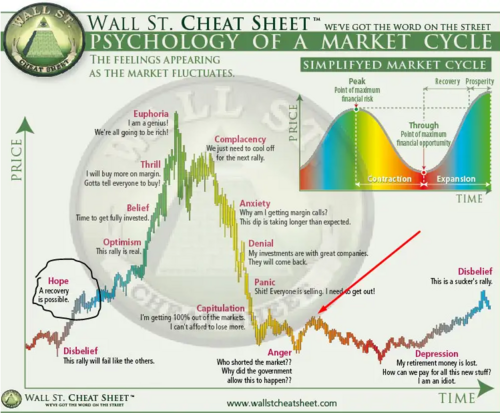
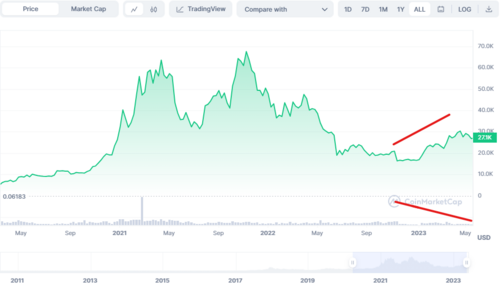
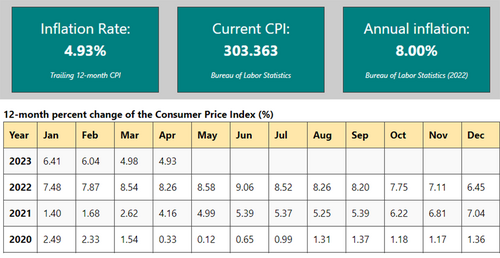
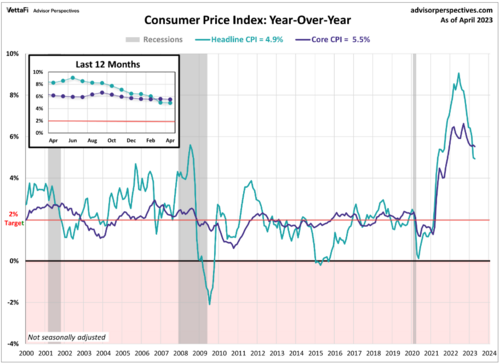
.png)


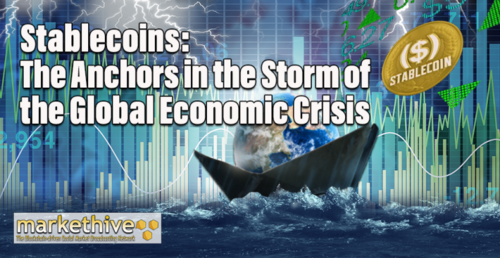
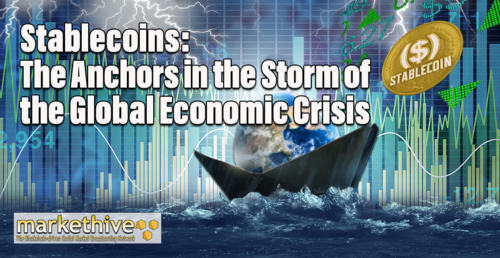
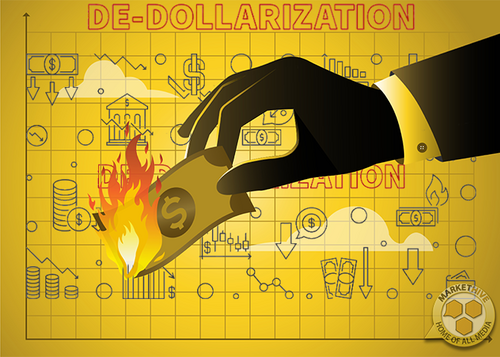
.png)
.png)
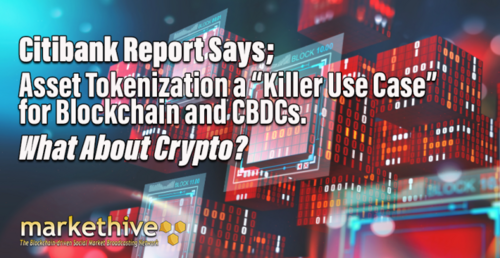
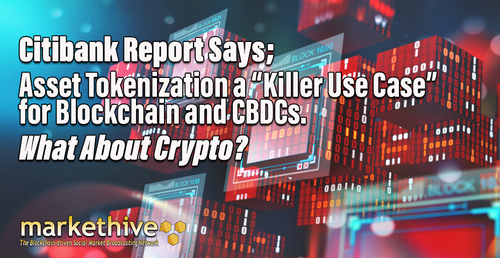

.png)
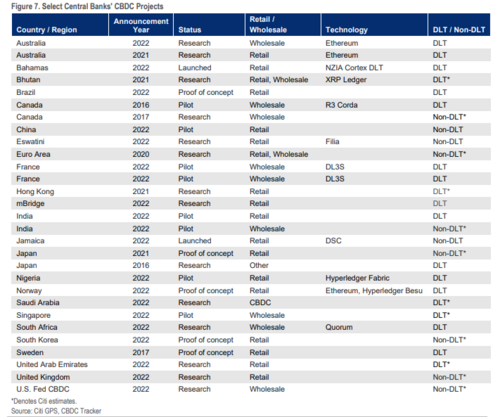
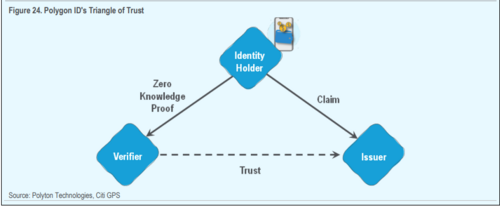
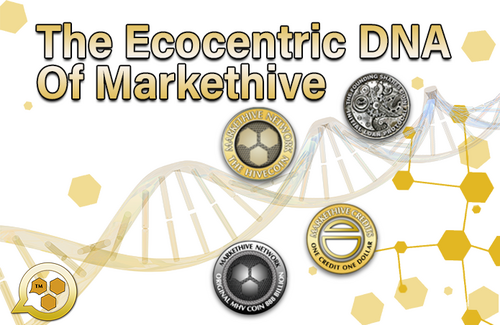
(27).gif)
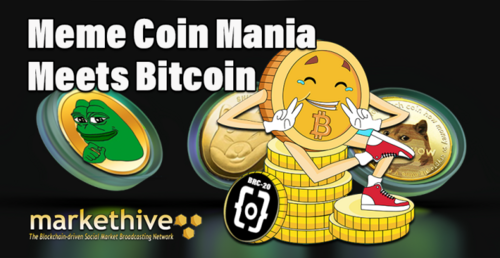
.png)

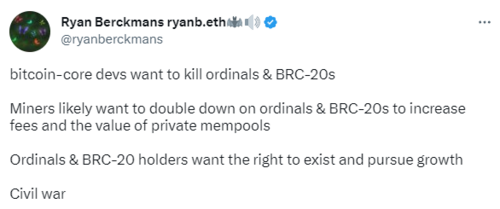

.png)


